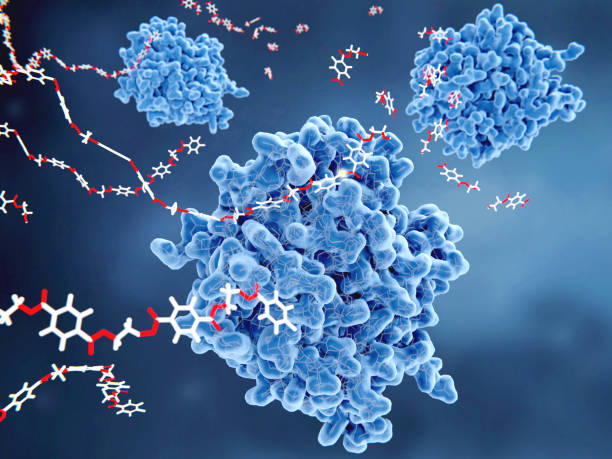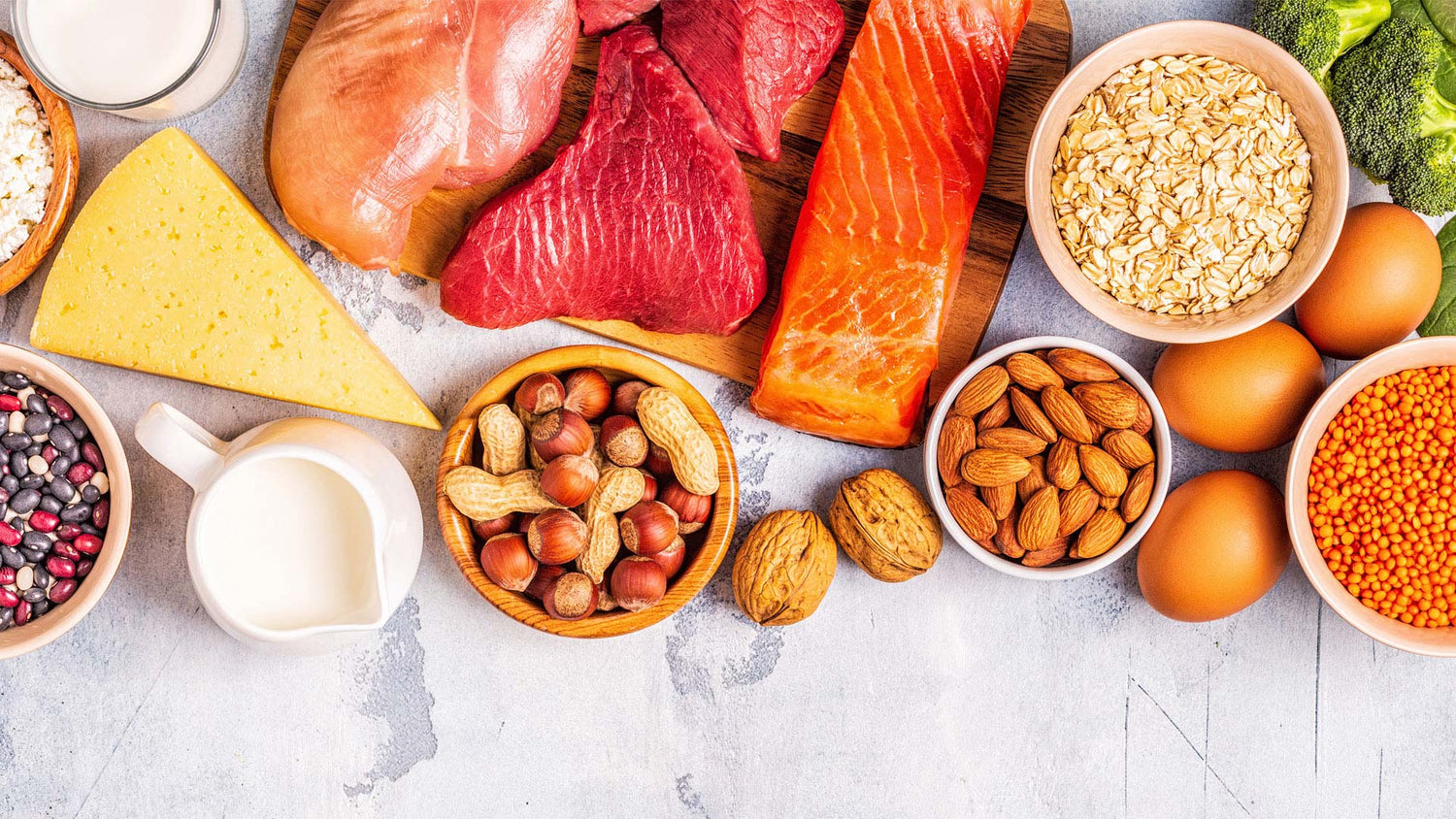Enzymes are incredible biological catalysts that speed up chemical reactions in living organisms. Without these microscopic marvels, life as we know it wouldn't exist. From breaking down food to replicating DNA, enzyme function is essential for countless processes in our bodies and the world around us.
What Are Enzymes?
Enzymes are nature's molecular machines, typically large protein molecules made of amino acids. Their unique three-dimensional structure determines which chemical reactions they can catalyze. This specificity is often explained using the "lock-and-key" model, where the enzyme (lock) only fits certain substrate molecules (key).
How Enzymes Work?
The primary function of enzymes is to lower the activation energy required for chemical reactions. In simpler terms, they make it easier for chemical changes to occur. Without enzymes, many reactions necessary for life would happen too slowly to sustain living organisms.
Factors Affecting Enzyme Function
Several factors influence how well enzymes perform their jobs:
- Temperature: Most human enzymes work best at body temperature (around 37°C). Extreme temperatures can slow down or stop enzyme activity.
- pH Level: Different enzymes have different optimal pH levels. For example, stomach enzymes work best in acidic conditions, while intestinal enzymes prefer a more alkaline environment.
- Substrate Concentration: As substrate concentration increases, enzyme activity increases up to a saturation point.
- Enzyme Concentration: Generally, more enzymes mean faster reactions, up to a point.
- Cofactors and Coenzymes: Some enzymes need help from non-protein helpers called cofactors or coenzymes to function properly.
- Inhibitors: These substances can slow down or stop enzyme activity.
- Water Availability: Enzymes need water to function properly.
For More Read: Unlock the Power of Enzymes: Key Factors Affecting Activity
Enzymes Functions:Importance of Enzymes in Biological Processes
Enzymes play crucial roles in various biological processes:
- Metabolism: Enzymes break down glucose for energy and help extract maximum energy from food molecules.
- Digestion: Different enzymes break down carbohydrates, proteins, and fats in our food.
- DNA Replication and Repair: Enzymes copy DNA during cell division and repair breaks in DNA strands.
- Cellular Signaling: Enzymes are essential for cellular communication.
- Detoxification: Liver enzymes break down toxins and medicines.
- Hormone Regulation: Enzymes are crucial in producing and regulating hormones.
- Photosynthesis: While not directly related to human biology, enzymes are vital in this process that sustains life on Earth.
For More Read: Enzyme Digestion 101: Your Guide to Better Gut Health
Enzymes in Daily Life
Enzymes impact many aspects of our daily lives beyond our bodies:
- Food and Beverage Industry: Enzymes are used in cheese production, bread making, fruit juice clarification, and coffee processing.
- Cleaning Products: Enzymes in laundry detergents and dishwashing liquids break down tough stains.
- Textile Industry: Enzymes are used in denim processing and silk treatment.
- Paper and Pulp Industry: Enzymes help in paper production and recycling.
- Biofuel Production: Enzymes are crucial in converting plant materials into biofuels.
- Personal Care Products: Some toothpastes and skincare products contain enzymes.
- Leather Processing: Enzymes help in dehairing and softening leather.
- Waste Management: Enzymes are used in wastewater treatment and composting.
The Future of Enzyme Research
Enzyme research holds immense promise for various fields:
- Precision Medicine: Researchers are developing enzymes for targeted cancer therapies and treatments for genetic disorders.
- Environmental Conservation: Scientists are exploring enzymes that can break down plastic and clean up oil spills.
- Sustainable Energy: New enzyme cocktails could turn agricultural waste into viable fuel sources.
- Food Security: Engineered enzymes could help crops resist pests and harsh weather conditions.
- Industrial Processes: Advanced enzymes could make various industries more environmentally friendly.
- Nanotechnology: Enzyme-powered nanomachines could revolutionize drug delivery and environmental sensing.
- Synthetic Biology: Scientists are designing enzymes with novel functions, such as more efficient carbon capture.
- Computational Enzyme Design: AI and quantum computing could accelerate enzyme discovery and engineering.
Conclusion
Enzymes are the unsung heroes of our biological world, playing crucial roles in our bodies and beyond. From digesting our favorite foods to developing new medical treatments, enzymes are key to life's processes. As research continues, these tiny molecular machines promise to help address some of our biggest challenges, from healthcare to environmental conservation.
Understanding enzymes helps us appreciate the complex, microscopic processes that keep our bodies running smoothly. By learning about enzyme function, we gain insight into our own health and the intricate balance of life itself. As we continue to uncover the secrets of enzymes, exciting possibilities lie ahead for innovations that could shape our future.
Dr.Ann SlimZyme Probiotics Complex 15's
- Probiotic Enzyme Jelly
- Metabolic Boost · New Fiber Comfort
- Musk Grape Flavor
- Enzyme Probiotic Formula
- Carefully Selected Plant-Based Ingredients
References:
1. Peter K. Robinson .(2015). Enzymes: principles and biotechnological applications
2. The Central Role of Enzymes as Biological Catalysts | National Library of Medicine
3. Biochemistry, Proteins Enzymes | National Library of Medicine






